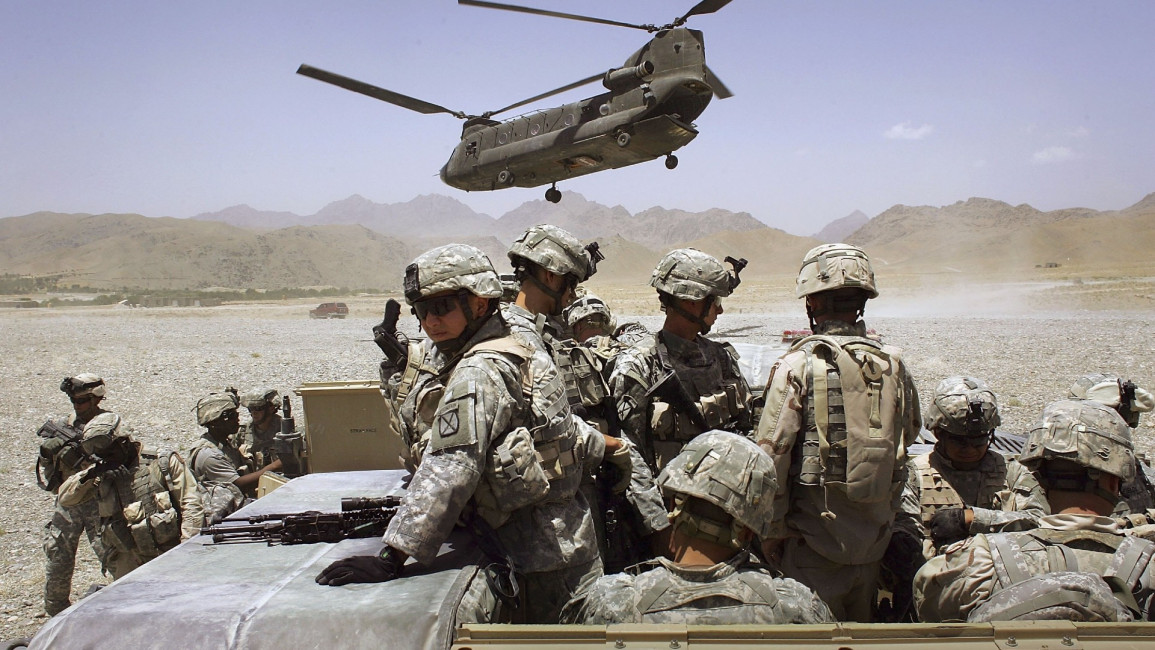Follow us on Facebook, Twitter and Instagram to stay connected
Nearly 30% increase in civilian deaths in Afghanistan compared to 2020, damning report reveals
According to the United Nations Assistance Mission in Afghanistan (UNAMA), there was "extraordinary levels of harm inflicted on civilians in the Afghan conflict…and the number of civilians killed and injured during the first three months of 2021 [was found] to be significantly higher than a year ago."
Released today, the Afghanistan Protection of Civilians in Armed Conflict 2021 First Quarter Report documents 1,783 civilian casualties (573 killed and 1,210 injured), a 29 per cent increase compared with the same period in 2020.
There is a 37 per cent increase in the number of women killed and injured, and a 23 per cent increase in child casualties compared to the first quarter of 2020.
"The number of Afghan civilians killed and maimed, especially women and children, is deeply disturbing. I implore the parties to urgently find a way to stop this violence," said Deborah Lyons, the Secretary-General’s Special Representative for Afghanistan and head of UNAMA.
"Every possible opportunity for peace must be seized. If levels of violence are not immediately reduced, thousands of Afghan civilians will continue to be killed and injured by fellow Afghans in 2021," said Lyons.
Gruesome details
Most of the casualties, some 38 per cent, occurred in ground engagements, followed swiftly by non-suicide IEDS (31 per cent), targeted killings (19 per cent), airstrikes (5 per cent) and explosive remnants of war (4 per cent).
Of those casualties, 1783 were killed this year compared to 1387 the same time last year.
And it’s not just civilian casualties that increased.
According to a recent New York Times report, an increase in the targeting of pro-government forces has led to more deaths.
|
Some 72 pro-government forces were killed in Afghanistan in the week of 2 April – 8 April alone, with the most serious attack occurring in Helmand Province, where the Taliban attacked a military base called Waziromanda near Lashkar Gah and killed 10 soldiers whilst taking 12 as prisoners.
Law enforcement officers and soldiers were targeted and killed every day in that time period.
Mixed reactions to Biden withdrawing troops
President Joe Biden’s decision to withdraw the remaining 2,500 troops on the 20th anniversary of the Sept. 11 attacks was met with mixed reviews by congress and military experts, with some warning of further instability in the region.
A US official provided details on Biden's decision on condition of anonymity, speaking ahead of the announcement.
The decision was first reported by The Washington Post.
On the one hand, he has argued for years, including during his time as vice president, when President Barack Obama ordered a huge buildup of US forces, that Afghanistan is better handled as a smaller-scale counterterrorism mission.
Countering Russia and China has since emerged as a higher priority.
On the other hand, current and former military officers have argued that leaving now, with the Taliban in a position of relative strength and the Afghan government in a fragile state, would risk losing what has been gained in 20 years of fighting.
"A withdrawal would not only leave America more vulnerable to terrorist threats; it would also have catastrophic effects in Afghanistan and the region that would not be in the interest of any of the key actors, including the Taliban," a bipartisan experts group known as the Afghan Study Group concluded in a February report.
The Taliban responded to the news by saying it will not participate in peace talks until "foreign forces" withdraw from the country.
"Until all foreign forces completely withdraw from our homeland, (we) will not participate in any conference that shall make decisions about Afghanistan," tweeted Mohammad Naeem, spokesman for the Taliban office in Qatar.
The decision came as Turkey announced an international peace conference on Afghanistan that the hosts hope could pave the way to a power-sharing arrangement.


![Minnesota Tim Walz is working to court Muslim voters. [Getty]](/sites/default/files/styles/image_684x385/public/2169747529.jpeg?h=a5f2f23a&itok=b63Wif2V)




![Israeli officials are considering exiling Yahya Sinwar to Sudan as part of a deal to end the war [Getty]](/sites/default/files/styles/image_330x185/public/1251837582.jpeg?h=127ba027&itok=ujxSRy_f)
![Debris near Rafic Hariri International Airport [Getty]](/sites/default/files/styles/image_330x185/public/2176162423.jpeg?h=a5f2f23a&itok=MCSK9mkM)
![An Israeli air strike on Jabalia killed teenage journalist Hassan Hamad [Screengrab/X]](/sites/default/files/styles/image_330x185/public/2024-10/hassan%20hamad1.jpg?h=c12e0b96&itok=Rd_dyCVp)